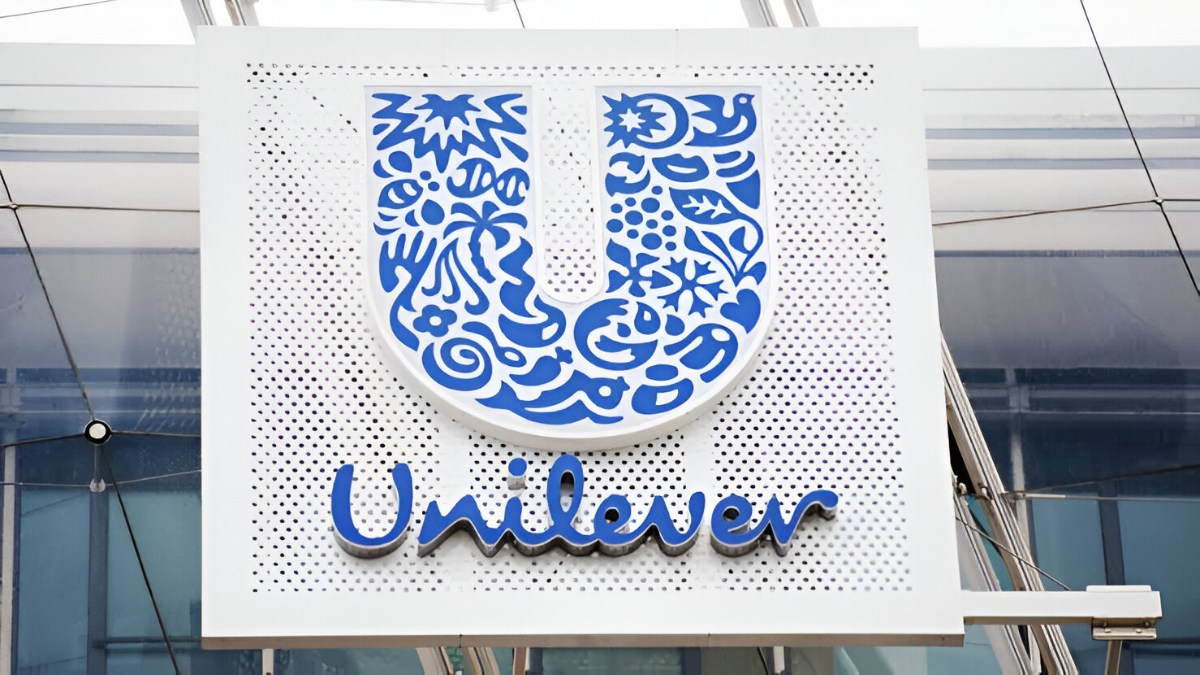Understanding the terms ex-dividend, book closure and record date for shares
If you are looking at dividend, bonus and rights issue from companies, some of the most important terms that you come across is ex-dividend, book closure and record date.

Stocks are bought every day by investors. But, companies may declare dividend every year, or several times during the course of the year or may simply not declare. When they declare a dividend or bonus or rights issue they announce a book closure date.
On this day they will close their books and those shareholders who names are there in the books would be entitled to bonus, rights and dividends or any other benefits the company has announced a book closure for. Those who buy after this would not be entitled to these benefits.
What does going ex-dividend or ex bonus mean?
At least three-five days before the book closure is announced by the company, the exchange declares an ex dividend or ex bonus or anything for which the company has announced a book closure. If you do not buy before that you would not be entitled to the benefits that were announced by the company.
Let's take a real example. Infosys has announced its Q4 results and has now declared a dividend of Rs 29.50 per share. The company has said that its book closure would be from June 17 to June 22. The exchanges have filed an ex-dividend date of June 15. What this means is that you need to buy the stock by June 14 to be entitled to the dividend of Rs 29.50 per share.
Record date is set on which the company will check who is there on its list of shareholders.
It's extremely important before buying and selling shares to check the above mentioned dates. In fact, if you do not chances are bright that you would miss on the bonus, dividends etc.
What happens to the stock price after going ex dividend?
After going ex-dividend the shares fall exactly to the amount of divided declared. For example, the shares of Infosys is currently quoting at Rs 1947. The company has declared a dividend of Rs 29.50 per share. Now, if the company's shares were to go ex-dividend today, they would trade lower by Rs 29.50 and a little higher or lower depending on the market conditions.
But, the markets will factor in that the share price should go lower, because people now buying would not be entitled to dividends.
GoodReturns.in
































